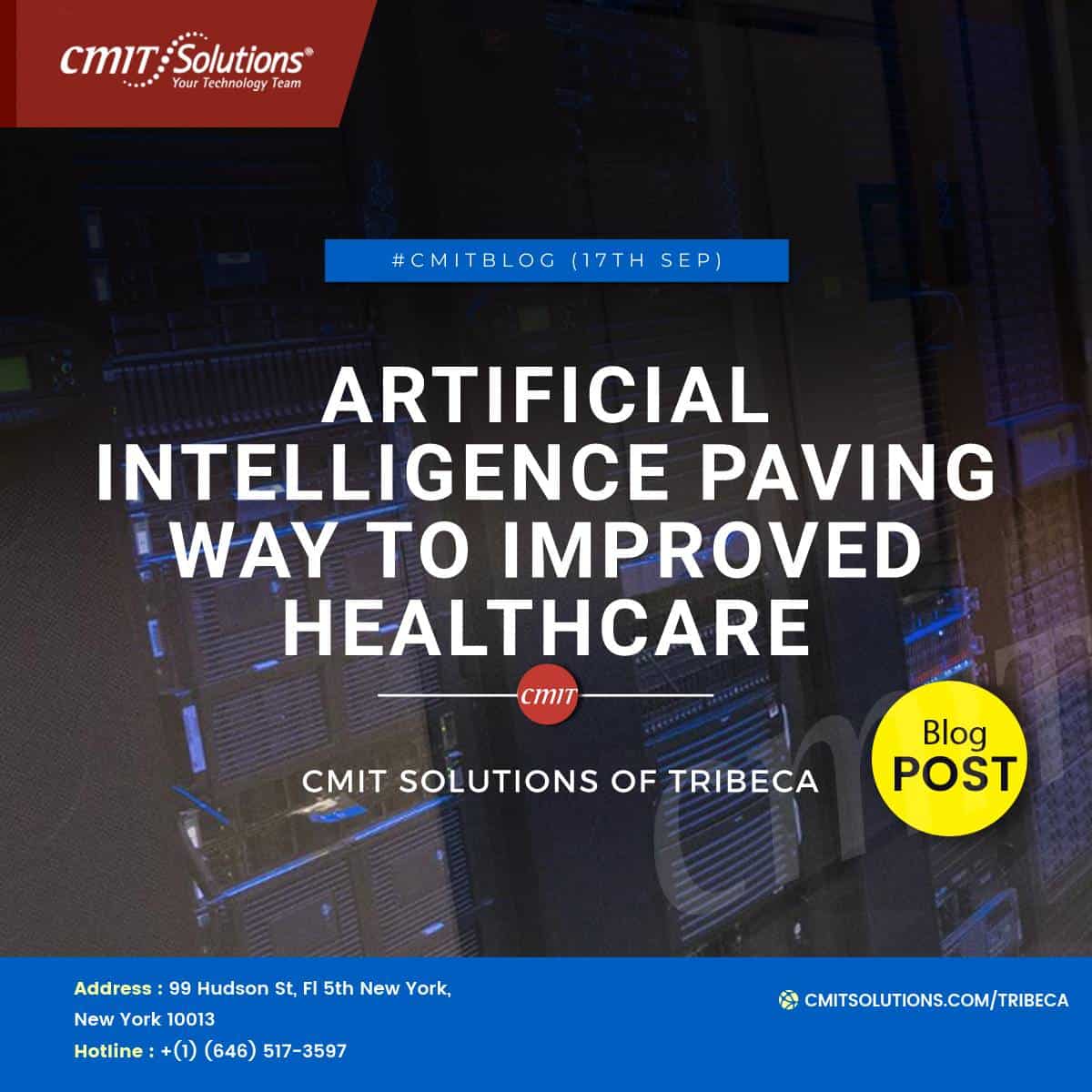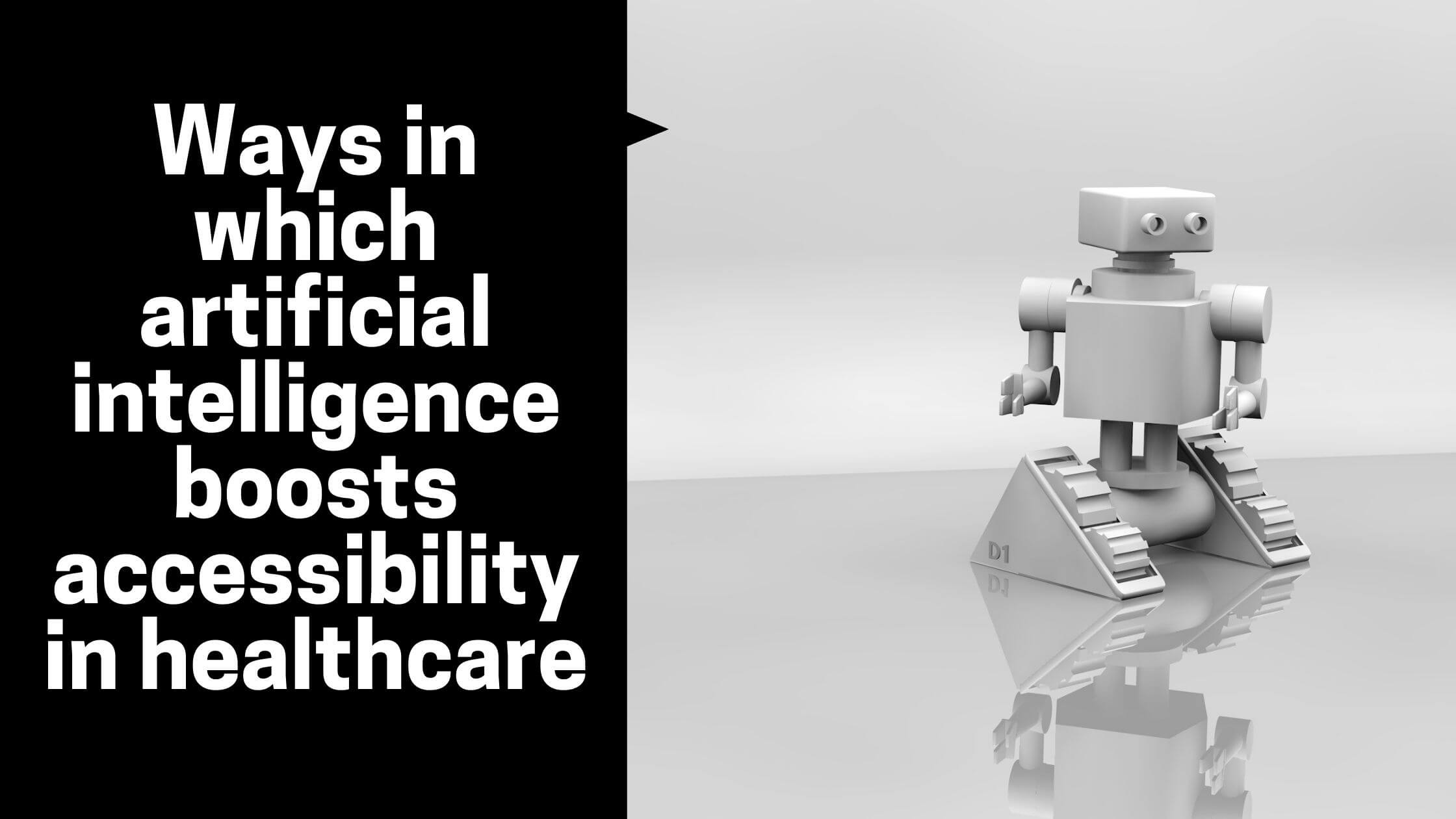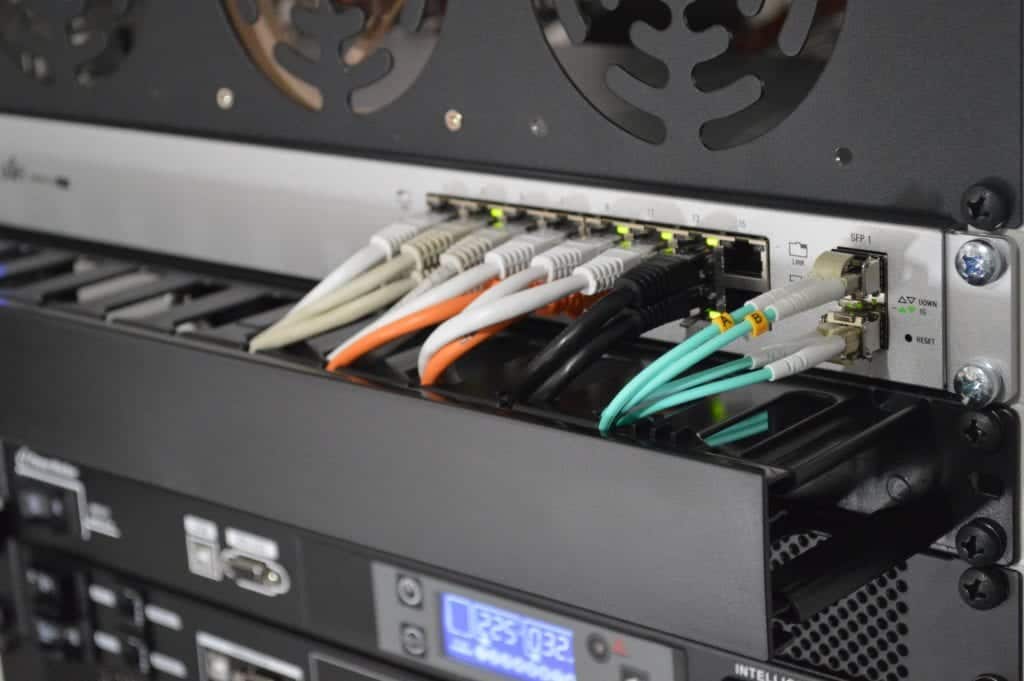The recent complexities that have arrived due to Covid-19 have posed a severe challenge to healthcare accessibility. Measures pertaining to various policies that have been enforced and social distancing are some of the major contributors to it. However, this is not exactly a newly discovered issue as research and technologies have been relentlessly working to come up with the latest practices in healthcare for the past century.
Out of the major discoveries that have surfaced so far, Artificial Intelligence turns out to be a promising technology.
Barriers hindering Healthcare Accessibility
- Medical treatment delay due to cost
- Time and resource consumption leading to the detailed provision of care.
- Not having the right knowledge about how to deal with medical situations and their accessibility can greatly vary between low-income and high-income households.
Ways in which artificial intelligence boosts accessibility in healthcare
Although it is impossible to completely overcome the major challenges, Artificial Intelligence does help in eradicating many of them. Let us now have a couple of ways in which this technology can improve the dynamics of healthcare.
- Better Patient Experiences
Implementation of automated customer experience in healthcare is now possible, thanks to the advent of seamless conversational AI. Many healthcare institutions have started employing the latest AI technologies to make calls, contact other organizations and maintain schedules.
Apart from this, AI-powered virtual agents are also available to deploy for performing tasks such as making payment arrangements, routinely checking schedules, and efficient working of call center systems.
- Predictive Analytics: A boon to IT Professionals
When viewed as a big picture, Artificial Intelligence proves to increase the efficiency with which users can access or deliver care. With the support of IT alongside professionals in healthcare, AI seems to have a great potential in shaping the future of the next generation’s effective healthcare system.
- Making Healthcare Data More Useful
When it comes to healthcare, data can be quite critical. However, with the employment of refined technologies such as machine learning and AI, healthcare professionals now find it relatively simpler to handle and organize data in a systematic manner.
- RPA (Robotic Process Automation) and AI for backing up the Basics
Basic tasks such as bill payments, getting prior authorization, or simply going through the patient records can look simple but be in practice, turn out to be time-consuming for the healthcare officials and administrators. This is when Robotic Process Automation comes into the frame! RPA ensures the integration of business rules and workflow so that digital tasks can be performed in a more structured manner for the purpose of effective administration.
It must be noted that tasks like these are critical as they have a direct impact on the performance and effectiveness of the medical attention received by individuals. RPA not only helps in building a better-informed healthcare environment but also boosts the overall working of the medical facilities.





